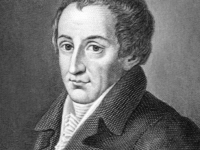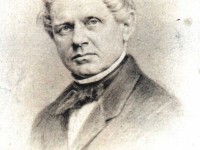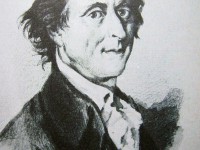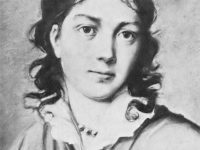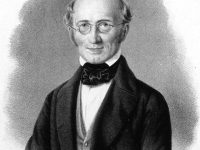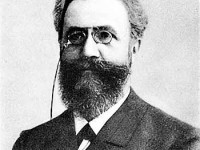The Murder of August von Kotzebue and the Supression of the Liberal Press
On May 3, 1761, German dramatist and writer August von Kotzebue was born. In 1817, one of Kotzebue‘s books was burned during the Wartburg festival. He was murdered in 1819 by Karl Ludwig Sand, a militant member of the Burschenschaften, which gave Metternich the pretext to issue the Carlsbad Decrees, which dissolved the Burschenschaften, cracked down on the liberal press, and seriously restricted academic freedom in the states of the German Confederation.…
Read more

